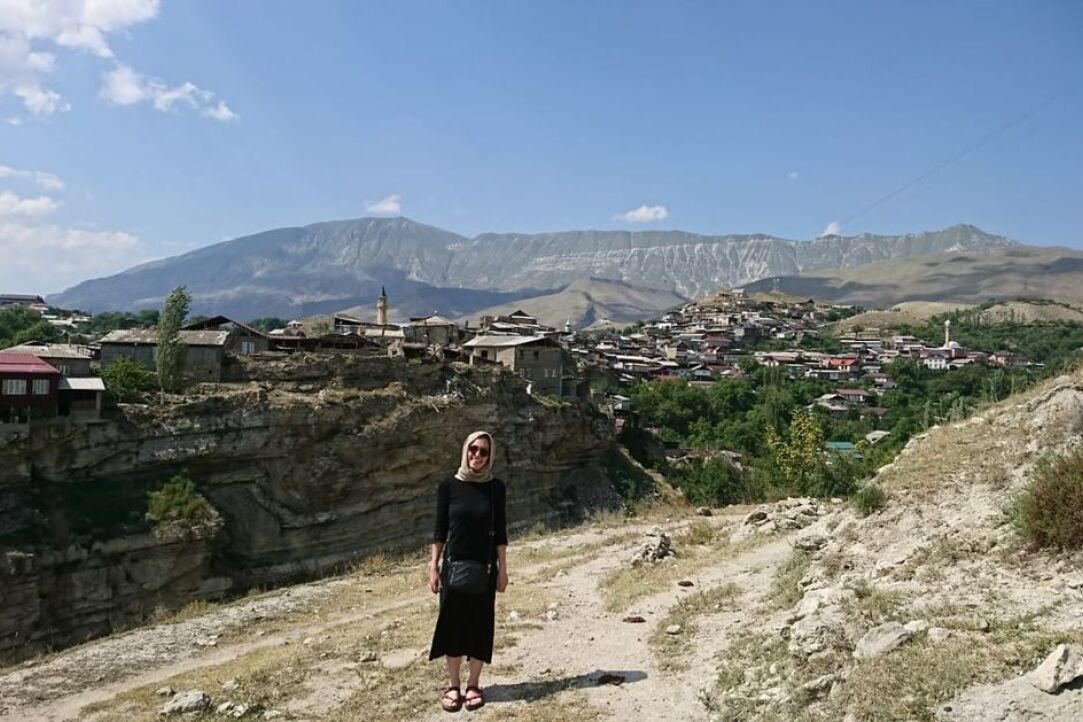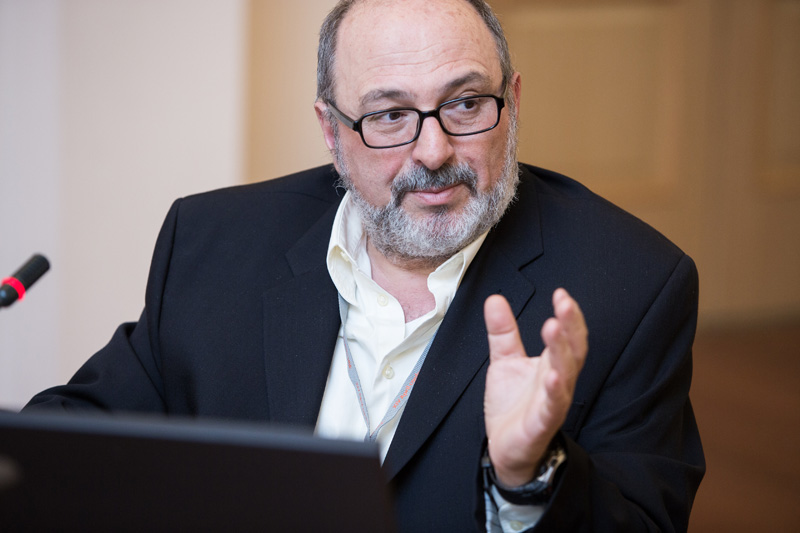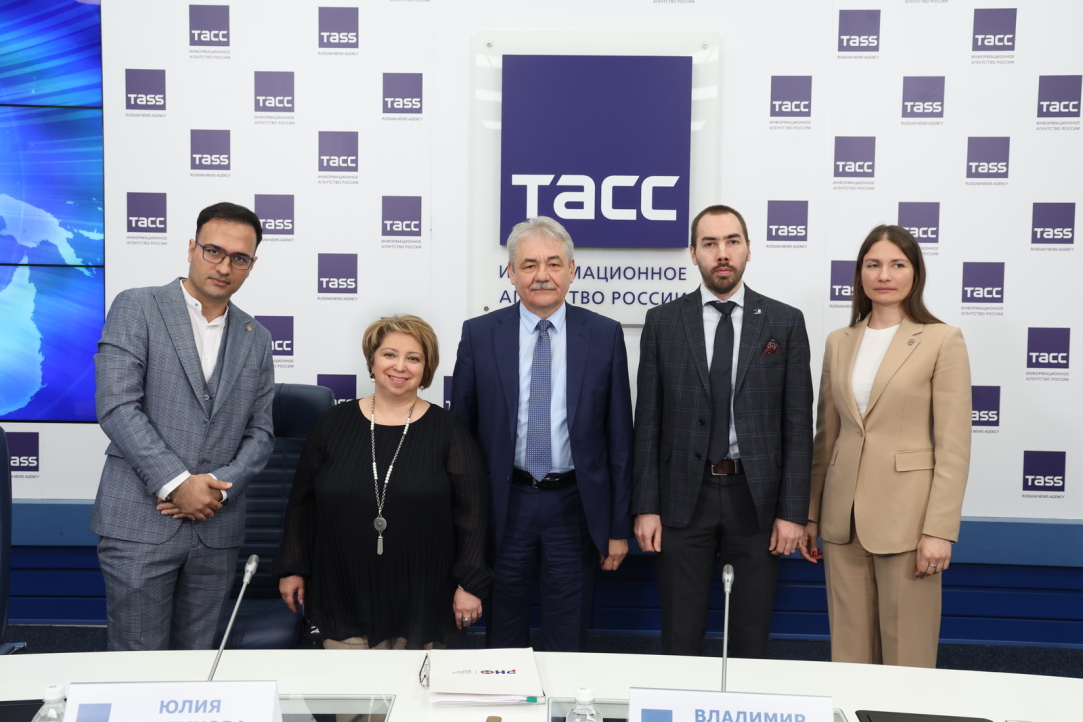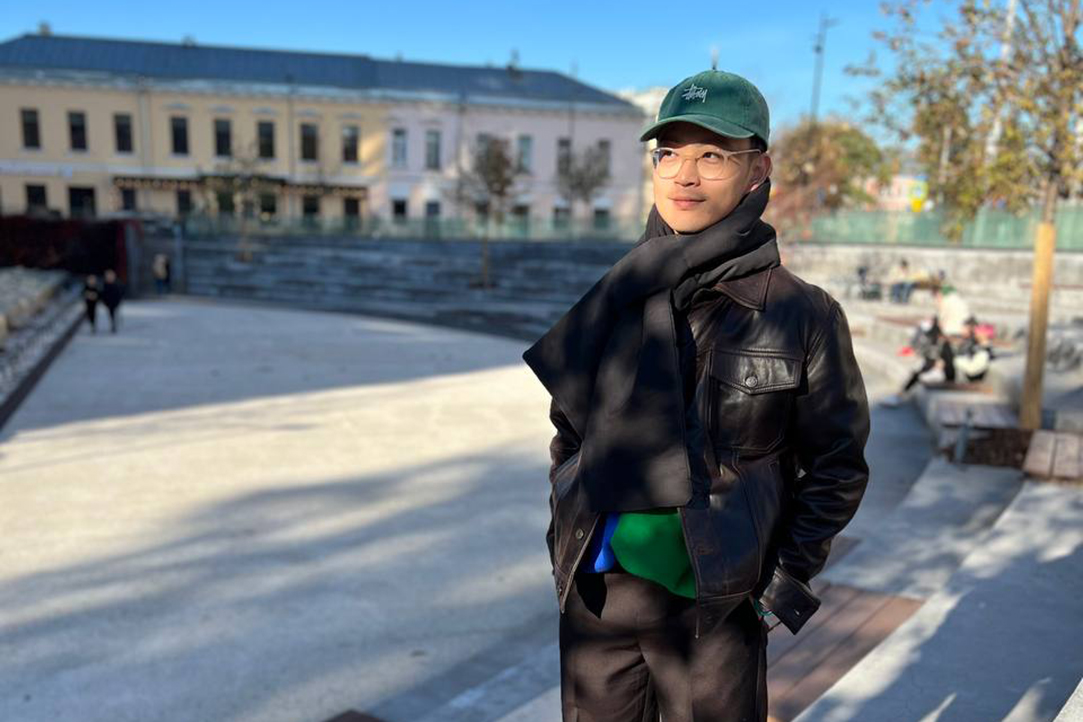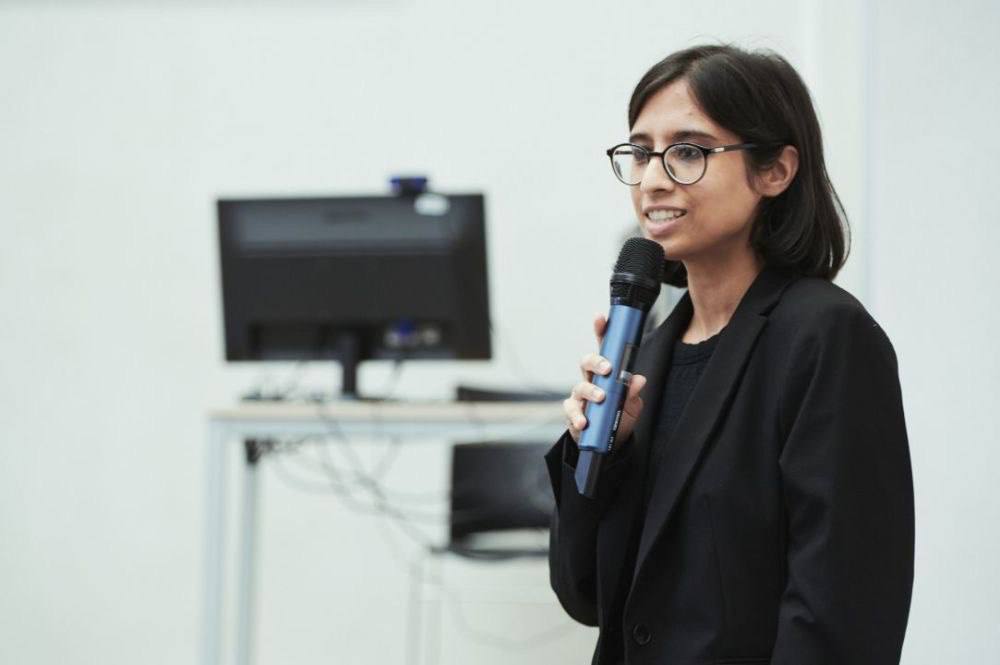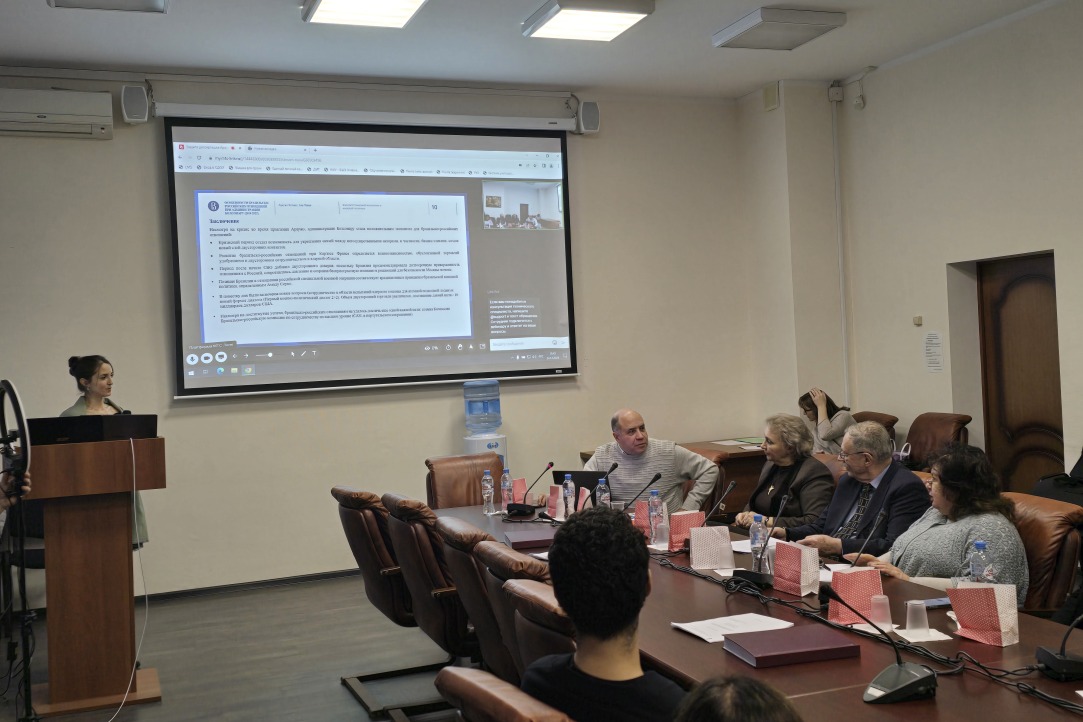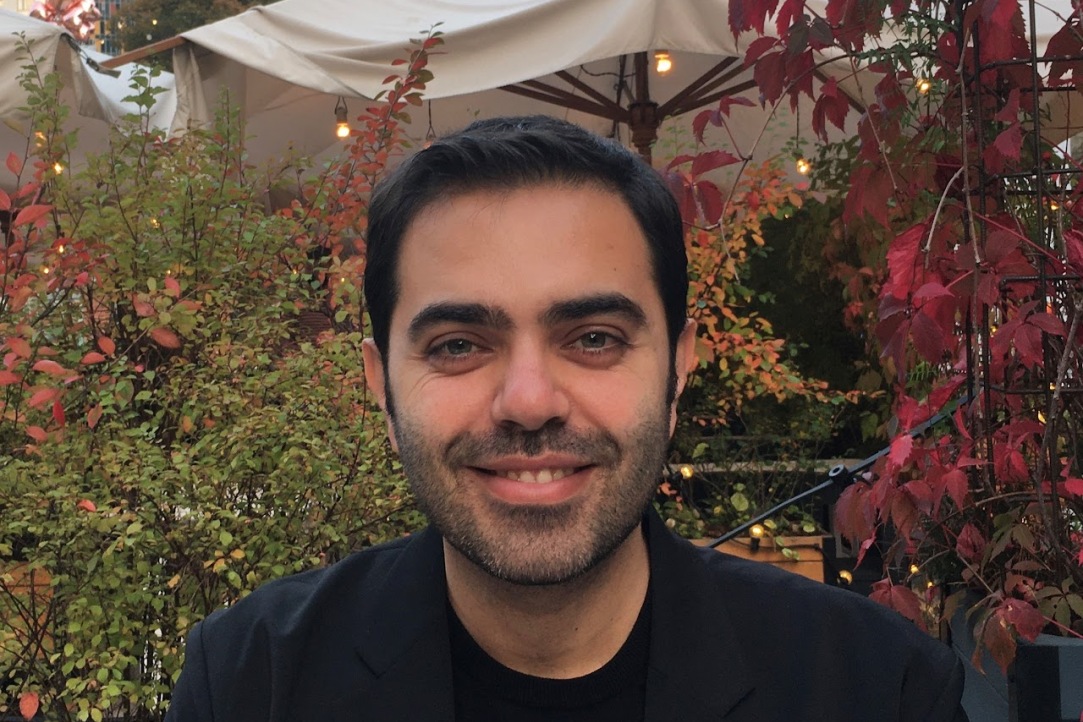Jorge Luis Méndez-Martínez, Research Fellow at the International Laboratory for Logic, Linguistics and Formal Philosophy, was named the winner of a competition of the National Council for Sciences, Technology and Humanities of Mexico. He was selected from hundreds of applicants for the position of Researcher for Mexico and will be working on a project on the philosophy of sound and auditory perception and the history of science in Mexico, Russia, and the Soviet Union. The HSE News Service talked to Mr Méndez-Martínez about the competition, his projects,and how playing the guitar helps him conduct research.
